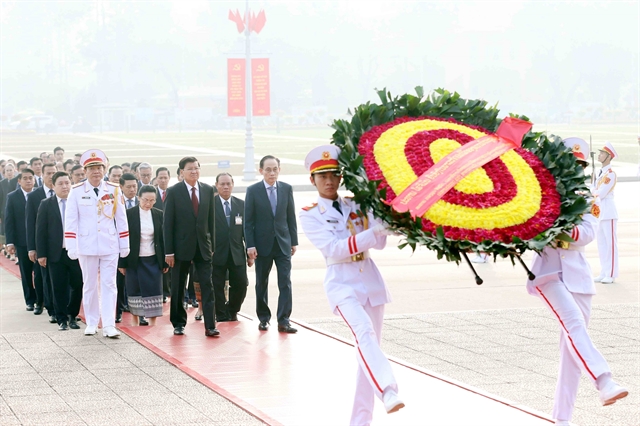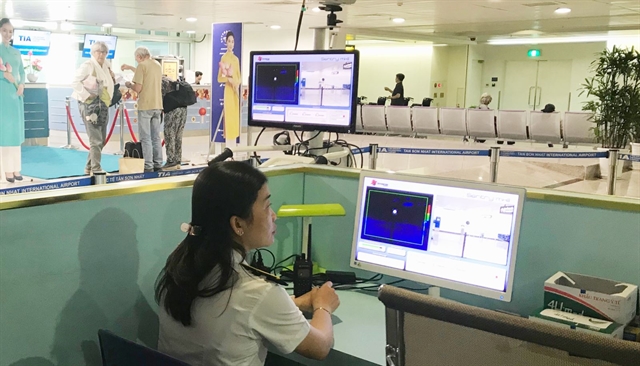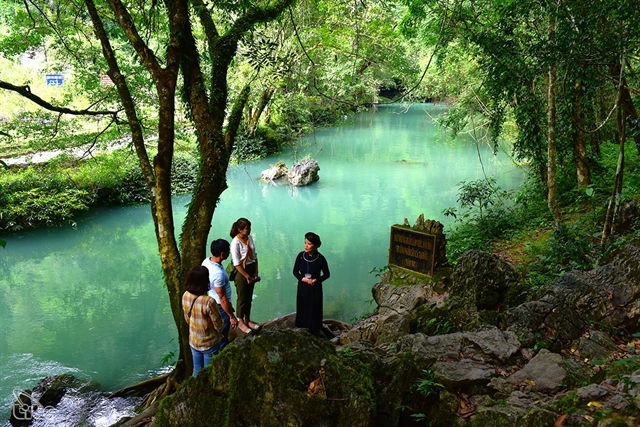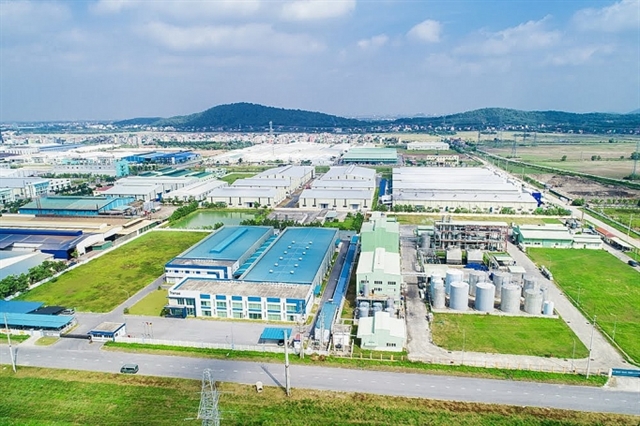 Economy
Economy
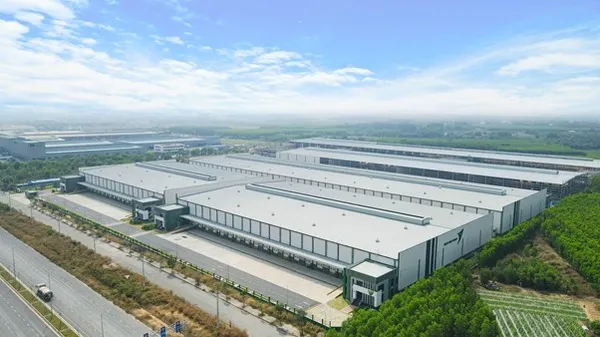
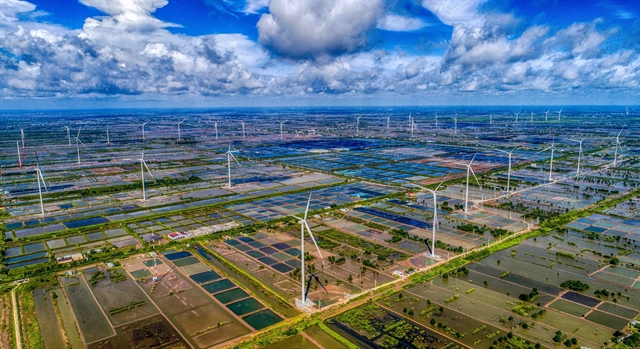
|
| A wind farm in Bặc Liêu Province. The relationship between Japan and ASEAN countries is evolving onto a more equal footing. — VNA/VNS Photo Tuấn Kiệt |
by Mai Linh
HÀ NỘI — Japan is looking to enhance the relationship with ASEAN and its member countries onto a more equal footing towards a green future together as the regional bloc is expanding rapidly to become a driving force of global economic growth and showing drastic determination for achieving Net Zero.
“The relationship between Japan and ASEAN countries are evolving. ASEAN are developed enough to a level that Japan and ASEAN, from now on, should be equal partners,” said Ryo Nakamura, Director General of the Southeast and Southwest Asian Affairs Department under Japan’s Ministry of Foreign Affairs.
Ryo said at a meeting with ASEAN reporters within the framework of the programme by Keizai Koho Centre (KKC) under the Japan Institute for Social and Economic Affairs in Tokyo in July, that after 50 years of cooperation, the two sides are really entering the period of a truly equal partnership.
He pointed out that for the past 50 years, Japan was the donor and the investor. However, now ASEAN countries, for example Việt Nam, are investing in Japan.
Japan is looking to expand cooperation not only in official development assistance (ODA) and investment but also in green transition, digital transition, environment protection and technology, he stressed.
Ryo stressed that trust is the most important aspect of the long-standing relationship between Japan and ASEAN which will continue to flourish in the future.
The State of Southeast Asia 2024 survey report published by the ASEAN Studies Centre Japan remains the most trusted major power in the region with an overall trust level of 58.99 per cent, an increase of 4.4 per cent compared to 2024.
It is followed by the US (42.4 per cent), the EU (41.5 per cent), China (24.8 per cent) and India (24.2 per cent).
The distrust level also saw a significant decrease by 5.7 per cent this year.
Japan is the most trusted in the Philippines (82.3 per cent), Việt Nam (72 per cent), Thailand (65.1 per cent) and Cambodia (61.9 per cent).
ASEAN is expanding rapidly to become a driving force of global economic growth.
Fifty years ago, Japan’s GDP was 8.6 times that of ASEAN but today it is only 1.2 times. The bloc’s combined GDP is projected to exceed Japan by around 2030 and in the next 50 years, ASEAN will be four times that of Japan.
“Japan and ASEAN are now truly equal partners. Each should bring forth our own strengths to address problems and challenges and create a better society together,” Tatsuo Fukuda, Member of the House of Representatives of Japan told reporters.
Towards a sustainable future
One of the three pillars of the Joint Version Statement on ASEAN – Japan Friendship and Cooperation is partners for Co-creation of Economy and Society of the Future, aiming for a resilient economy and society by bringing each other’s strengths, finding solutions to mounting challenges and making vitality of both Japan and ASEAN flow back and forth.
The highlights are agreements on new efforts in public – private partnership for finding solutions through co-creation of Asia Zero Emission Community (AZEC) platform, Asean – Japan co-creation Initiative for the Next-Generation Automotive Industry and boosting the private investment for strengthening connectivity, climate change measures and supports for micro, small and medium-sized enterprises (MSMEs) and startups.
Specifically, to AZEC, Net zero is a hard goal, said Ryo, stressing that it is critical to meet the goal in a way that all are happy with. “The environment should not be sacrificed for development,” he said, adding that more concrete plans for AZEC are expected to be agreed upon in coming meetings.
According to Shinnosuke Ito, manager of the Environment and Energy Policy Bureau under Japan Business Federation (Keidanren), it is necessary for Japan to support the energy transition in Asian economies to contribute to realising AZEC and achieving carbon neutrality on a global scale.
AZEC is also a major pillar of the Joint Initiative between Việt Nam and Japan in the new era with the first phase to run from March 24, 2024 to October 2025. That is in addition to green transition, innovation and digital transformation, the strengthening of supply chain, the training of high-quality IT, AI and semiconductor human resources and the mechanism reforms to improve business climate.
Việt Nam is one of the most important partners in implementing the AZEC, Yamada Takio, Special Advisor of the Japanese Ministry of Foreign Affairs and Ambassador of the Japanese government’s AZEC initiative said, while meeting with Deputy Prime Minister Trần Hồng Hà at the end of July.
Enhancing business cooperation should be put at the centre of the framework to realise AZEC with specific projects such as gas-fired power, renewable energy, transmission infrastructure projects, Hà said.
AT COP26 in 2021, Prime Minister Phạm Minh Chính announced the goal that Việt Nam will achieve Net Zero by 2050.
The Vietnamese Government also issued the National Strategy on Green Growth in 2021-30 period which also incorporates the goal for Net Zero.
The country also approved a new power development plan, known as the eighth Power Development Plan (PDP8) that aims to boost renewable energy, while reducing reliance on coal. — VNS


